At dusk today, one of Hellenismos' most important festivals (if one can give
classifications to the festivals at all) starts. It's the Anthesteria, and held
in honor of Dionysos Limnaios, wine, and the dead. The Anthesteria was held
annually for three days, the eleventh to thirteenth of the month of
Anthesterion. It is an ancestral festival, the oldest of the festivals for
Dionysos in Athens, a time of reflection and trust in the new growing season to
come, a time to celebrate with the spirits of the departed the indefatigable
resurgence of life. The festival centred around the celebration of the maturing
of the wine stored at the previous vintage, whose
pithoi
were now ceremoniously opened, and the beginning of spring. The three days of
the feast were called Pithoigia (after πίθοι 'storage jars'), Khoes (χοαί
'libations') and Khytroi (χύτροι 'pots'). For more information about the festival, please go
here or read Robert Clark's fantastic account below.
For those of you who would like to join Robert and myself in ritual on Wednesday, there is a
PAT ritual event on the Elaion Facebook page that we would love to have you join.10 AM EST. The ritual itself can be found
here.
The Anthesteria, from anthein which means "to flower", is celebrated for three days (11th through the 13th of the ancient Attic month of Anthesterion). The Anthesteria, a flower festival in honor of Dionysos, celebrates the new vintage and first flowering of the season, the irrepressibility and renewal of life. The festival is associated with the Limnaion, the old temple of Dionysos in the marsh but was primarily a festival celebrated in homes. It is also an ancestral festival, a time of reflection and trust in the new growing season. It is celebrated over three days just as the first growth appears and flowers began to bloom in Greece. Children three years old were garlanded and took part in the festival; Dionysos was often depicted as a young boy representing the return of new growth.
On the first day, the Pithoigia (jar-opening), pithoi of new wine were opened and, before tasting and partaking of it, the first libations poured out to Dionysos with prayers that the wine be harmless and beneficial. New wine from the freshly opened pithoi was brought to the temple of Dionysos and offered to the God. This may well have taken place at the end of the first day of the festival just before sundown which marked the beginning of the second day, Khoes.
On the second day is the feast of the Khoes (drinking cups), the central day of the Anthesteria. It was customary in ancient Greece to mix wine with water, two-parts of wine to one-part water. Mixing of wine was generally for human consumption and the ancient references to mixing the wine at the temple of Dionysos implies drinking and celebration at the temple which undoubtedly means outside the temple as large numbers of people could not be accommodated within. Remaining sacrifices would be done inside the temple. There is apparent inconsistency and confusion between the ancient references which may be a result of modern interpretation (see Robert Parker, Polytheism and Society at Athens, Oxford 2005, pages 290-316). Dionysos was celebrated in song and dance and invoked as “Of fair Flowers”, “Dithyrambos”, “Baccheutes”, and Bromios”. Note: “Dithyrambos” is both a name for a hymn to Dionysos and a name for the God. This is in keeping with other celebrations of Dionysos where men would dance in large circles while singing “Dithyramboi”. The celebration could have lasted all night and into the next day as it includes drinking contests and much revelry and there are references that in ancient times it included a procession featuring Dionysos portrayed by an actor wearing a mask riding on a ship mounted with wheels. Although there was the public component of the festival, there were undoubtedly many private celebrations in homes. After celebrating in their homes, people would converge at the Limnaion, the old temple of Dionysos in the marsh, where they would dedicate the crowns they had worn during the celebrating. Other temples were closed (roped off) during this time.
This was also day when the souls of the dead were present; pollution was kept from other temple by closing them. The celebration likely had a component of recognizing the departed and honoring them through libations of wine. Ancient tradition considered the day of Khoes to be the day that Orestes arrived in Athens and was entertained separately and in silence due to his pollution.
The third day Khytroi (pots) was a somber day in recognition of the survivors of the great flood who boiled a mixture of seeds (panspermia) together in a pot (khytra) as an offering to Hermes Chthonios for those who were lost. Thus, on the third day of the Anthesteria, Kythroi, every household made a preparation of a mixture of grains boiled together (a panspermia) along with honey and made an offering of it to Hermes Chthonios (Hermes of the Underworld) on behalf of the spirits of the dead before eating of it. Priests were not allowed to eat of it. This was an offering to Hermes who guides the souls of the departed to the underworld. At the end of the day, celebrants shouted "Out you spirits, the Anthesteria are over!"
The Anthesteria is a festival of opposites, it celebrates Dionysos with the new wine at a time when new life is ready to break forth for the season, a time when marshes are filled with water like remnants of the flood, yet it is a recognition and reminder of life that is no longer, past lives, past seasons, and the realization that death is part of the life process. The celebration of life must include recognition of those who came before, for their spirits are always with us and we celebrate with them. Those who came before are the Wealth of Earth that is ever renewed in the living community. The ritual swinging (Aiora) done by women with song was symbolic of the repeated cycles of life. The Anthesteria also contained the symbolic marriage of the wife of the king (archon basileus) with Dionysos which imbued new life into all.
Robert Parker shows a red figure stamnoi from Museum of Fine Arts, Boston, pages 310 and 311 of Polytheism and Society at Athens, Oxford 2005, which depicts the column of Dionysos with mask of Dionysos in front of which is set a table with loaves of bread and jars of mixed wine. Women are ladling the wine into large drinking cups. Although the scene is suggestive of ritual drinking including women at the Khoes, it is very evident that the wine, from the fruit of the vine, represents new life and the bread from the sacred grain of Demeter culminated in the harvest that which sustains life. The breaking of bread and drinking of wine was not lost on the Christians who took the act beyond a celebration and sustaining of life to “drinking the blood and eating the body of Christ.”
"Out you spirits, the Anthesteria are over!"
Walter Burkert states in Greek Religion that:
"On the 13th Anthesterion, the day of the Pots, grains of all kinds are boiled together in a pot along with honey. This is the most primitive cereal dish of the early farmers, older than the discovery of flour-milling and bread-baking; in funeral customs it has survived down to the present day. But the idea of food for the dead, conjoined to an abridged version of an ancient source, has lead to the mistaken view that the living were actually prohibited from eating from the Pots. According to the full text, it is only the priests who are barred from eating this food, in accordance with the fact that all sanctuaries are closed on the Choes day. The meal of pottage is linked to the myth of the flood: once the water had subsided, the survivors threw everything they could find into a pot and cooked it as their first meal after the cataclysm, an occasion for summoning up new courage and yet in memory of the dead. One sacrifices to the chthonic Hermes for the sake of the dead and eats from the Pots in the certainty of life regained. The day of defilement is over, the masks and the dead lose their rights: 'Out you Kares, the Anthesteria are over' became a proverbial saying."
I think the work "basic" rather than "primitive" cereal dish would be a more accurate description. It is a dish that people have enjoyed since grains were harvested down to the present day. I have enjoyed it often, and one cannot have a better meal. The link to the "myth of the flood" is also interesting. There are numerous references to a great flood. That the survivors "threw everything they could find" into the pot does not make a lot of sense as the combination would likely be quite different from a panspermia. I suggest, to offer sacrifice in thanks for survival, only the most precious gift would be offered, i.e., part of the future crop. But what is the mixture of grains (seeds), the panspermia, for? Is it for the dead, the living, or both? Here I will quote from Themis by Jane Ellen Harrison:
"...The Keres are figured as what the Greeks called ei1dwla, little images, shrunken men, only winged. They represent the shadow soul, strengthless and vain; but the qumo&j of the man, his strength, his life, his me/noj, his mana, has passed into the daimon of life and reincarnation, the snake. An ei1dwlon, an image, informed by qumo&j makes up something approximately not unlike that complex, psychological conception, our modern 'immortal soul.'
The central ceremony of the Chytroi, the ceremony that gave its name to the day, still remains, and it will bring indefeasible evidence to show that the focus of attention at the Anthesteria was not on death, not on the ei1dwlon, but on the qumo&j, not on the 'strengthless heads of the dead' but on life through death, on reincarnation, on the life-daimon. This central ceremony was the boiling but – significantly – not the eating of a pot (xu/troj or xu/tra) of all kinds of seeds, a panspermia. The scholiast on the Frogs in commenting on the words 'with the holy pots says expressly, quoting Theopompos,
And of the pot which all the citizens cook, no priest tastes.
And again the scholiast on the Acharnians, also quoting Theopompos, says
They cooked pots of panspermia whense the feast got its name, but of the pot no one tasted.
The panspermia has not, I think, been rightly understood. In commenting on it before, misled by the gift-theory of sacrifice, I took it to be merely a 'supper for the souls.' No doubt as such it was in later days regarded when primitive [I prefer my word "basic"] magical rites had to be explained on Olympian principles. But it was, to begin with, much more. The ghosts had other work to do than to eat their supper and go. They took that 'supper', that panspermia, with them down to the world below and brought it back in the autumn a pankarpia. The dead are Chthonioi, 'earth people', Demetreioi, 'Demeter's people,' and they do Demeter's work, her work and that of Kore the Maiden, with her Kathodos and Anodos. An Athenian at the Anthesteria would never have needed S. Paul's angry objurgation:
Thou fool, that which thou sowest is not quickened, except to die: and that which thou sowest, thou sowest not that body that shall be, but bare grain, it may chance of wheat, or of some other grain.
It is sown a panspermia, it is reaped a pankarpia"
Hellenic religion, modern and especially ancient, is rich in symbolism. There is nothing primitive about the Anthesteria and especially the panspermia. The Anthesteria, the flowers, the wine, the panspermia should be viewed as the celebration of the irrepressibility and renewal of life and recognition of the souls of the departed. The solemnity of the wine drinking again is not only a respect for the spirits, but a spiritual renewal of the spirit within us. Dionysos lives within us, and we are renewed through Him just as the world is renewed through Kore who brings the wealth of earth to be culminated in the harvest.
Thus Paul was the 'fool' who was unwilling to or did not understand the meaning and significance of the panspermia.





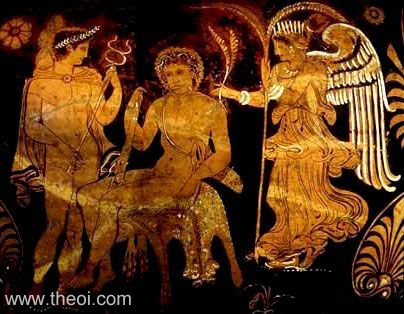
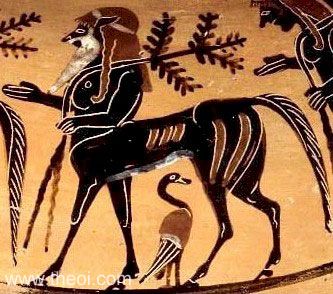
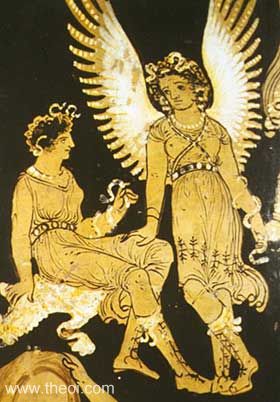
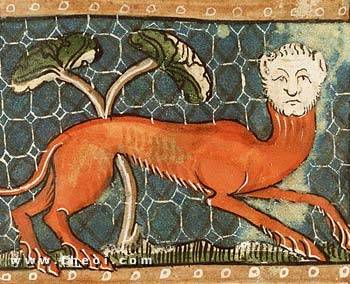
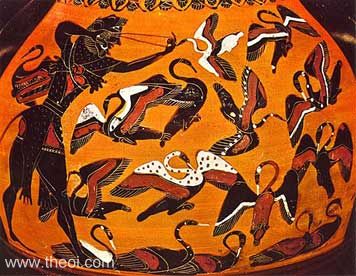

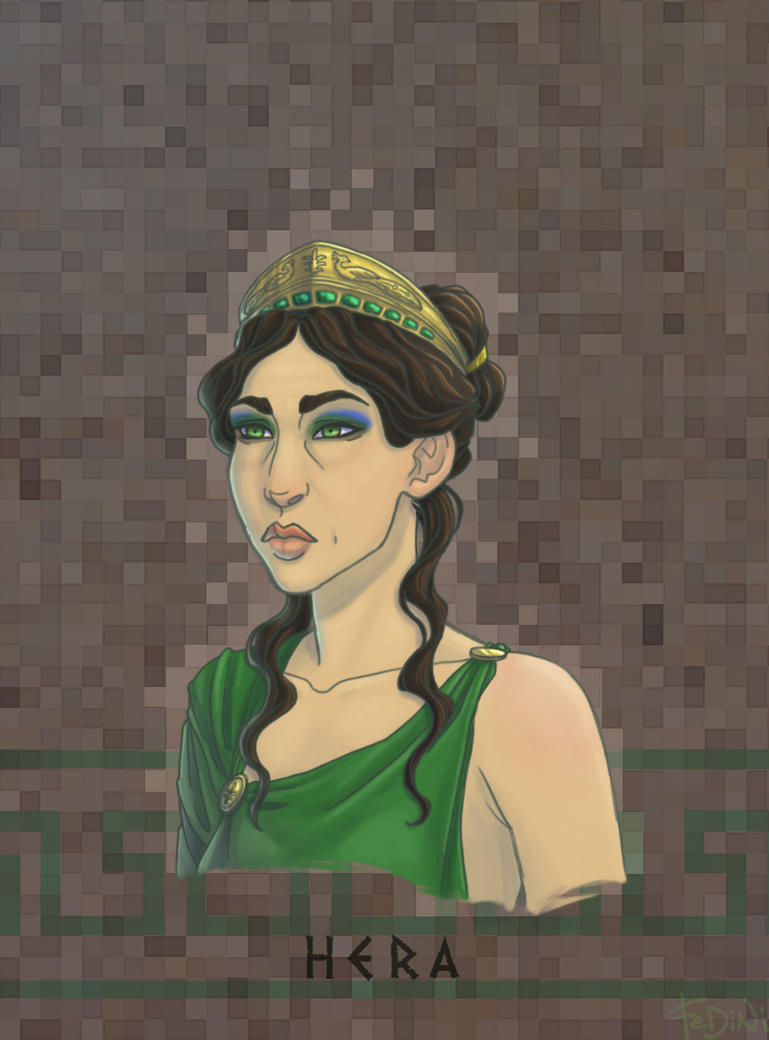
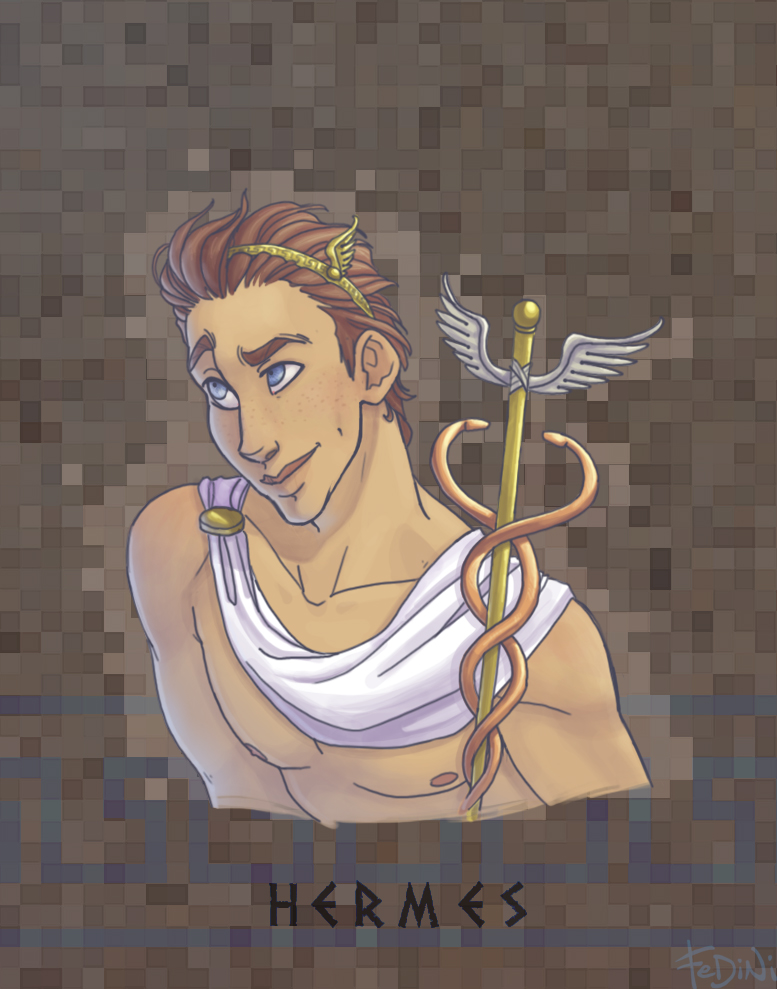
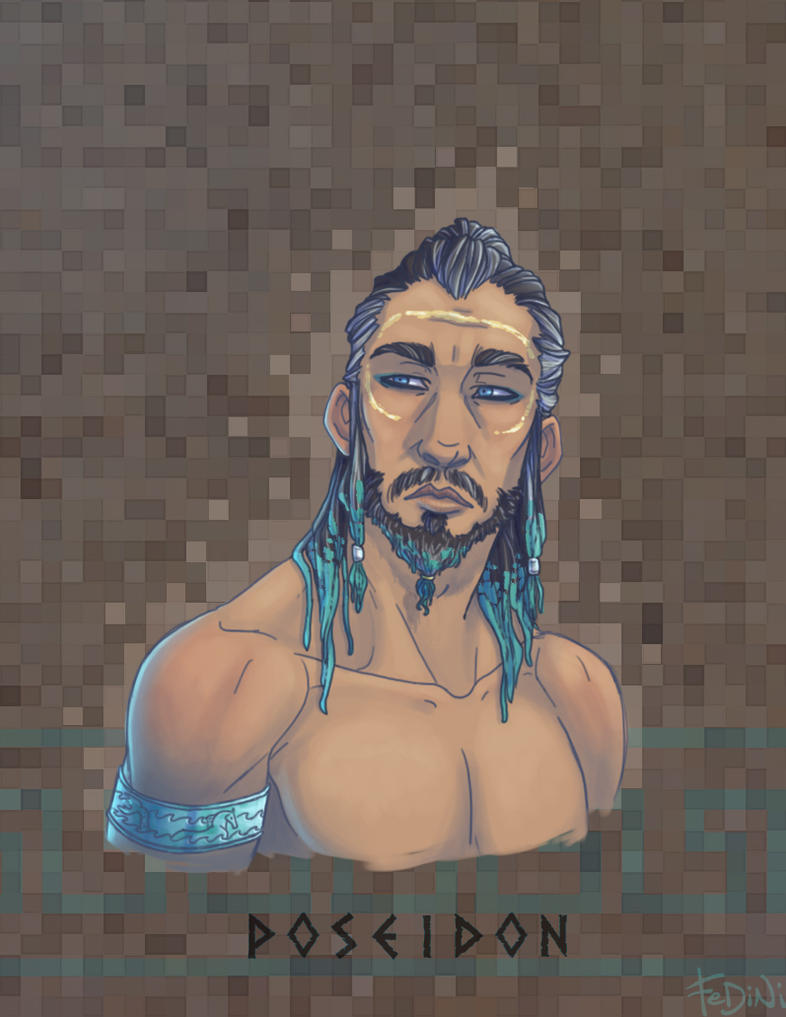
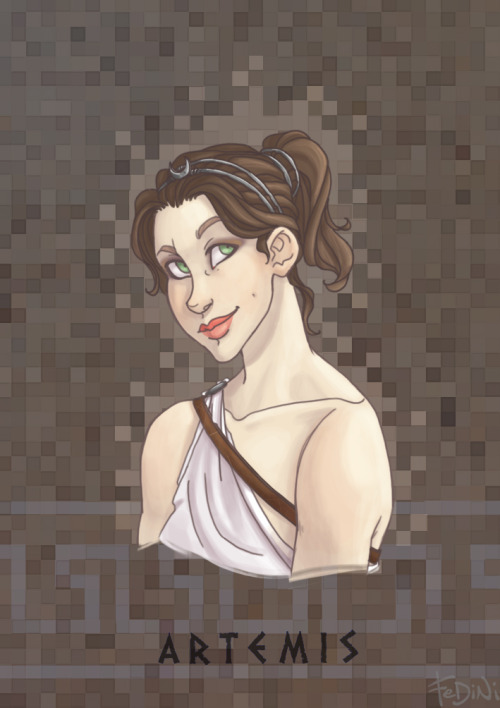

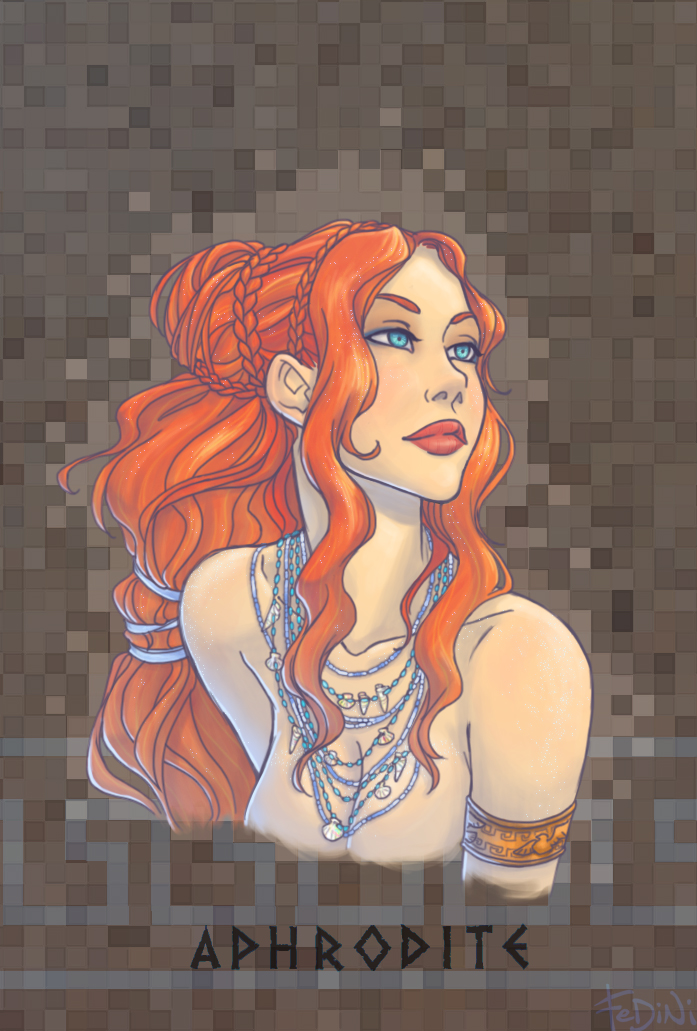

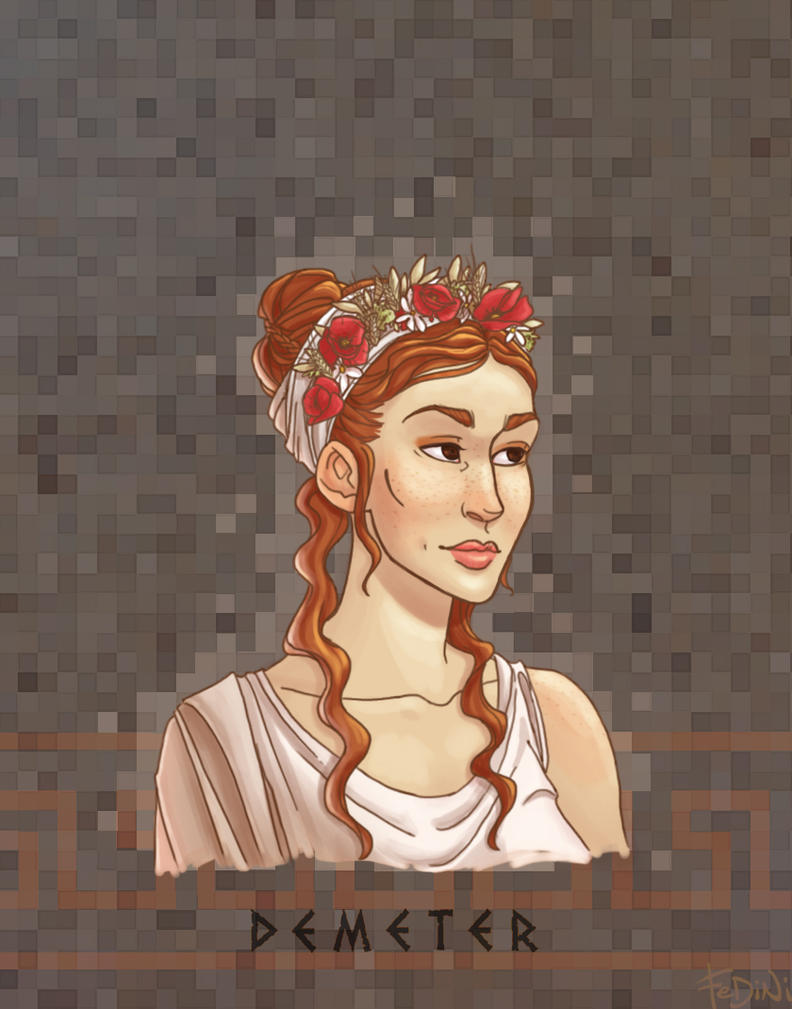
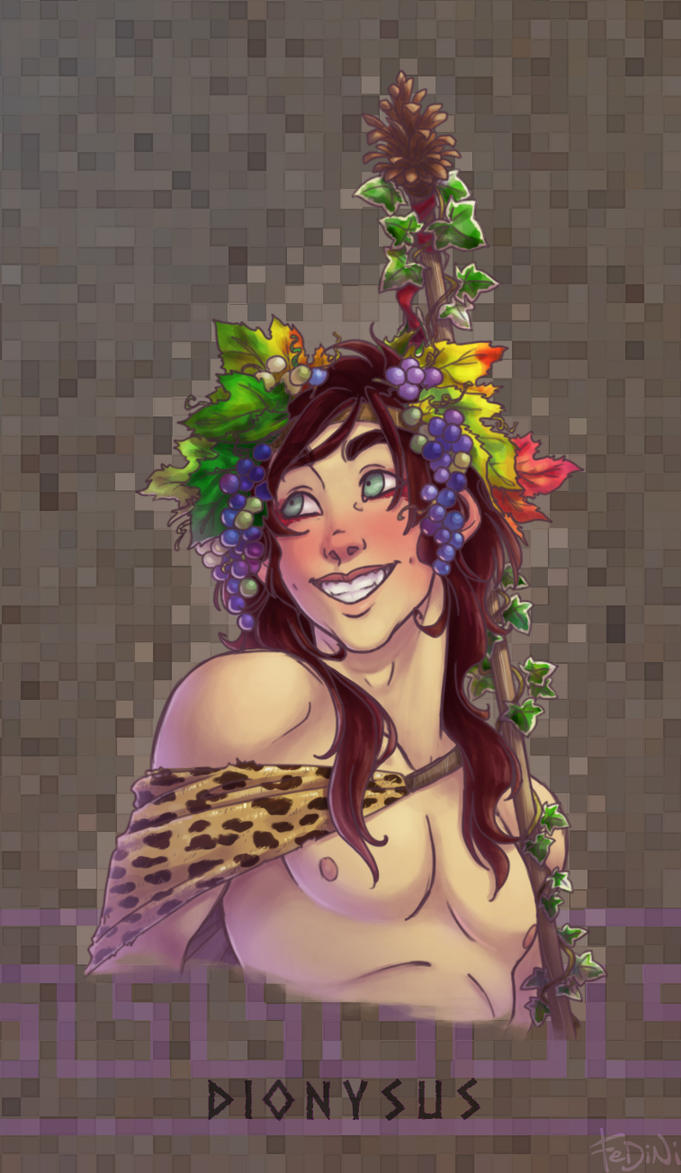
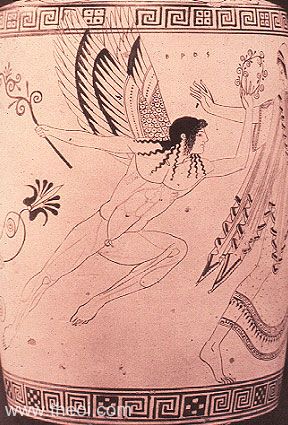





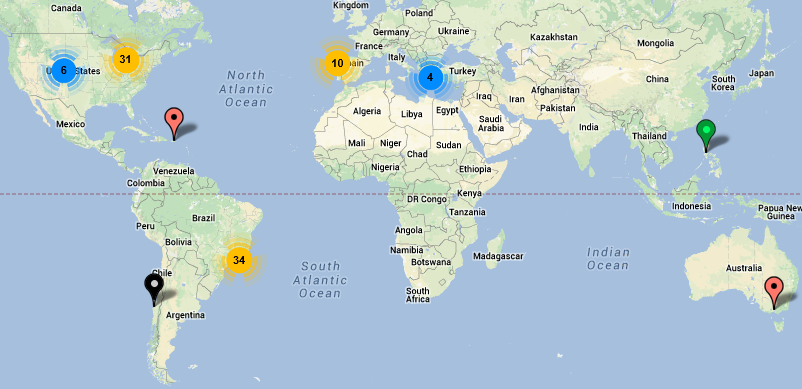
.png)
